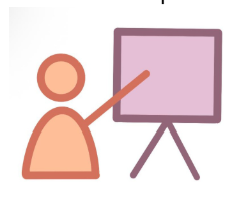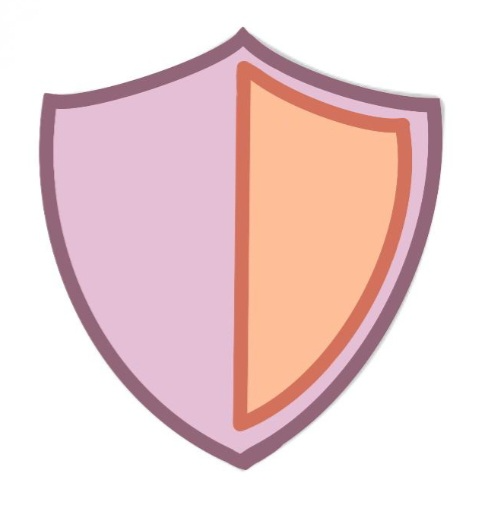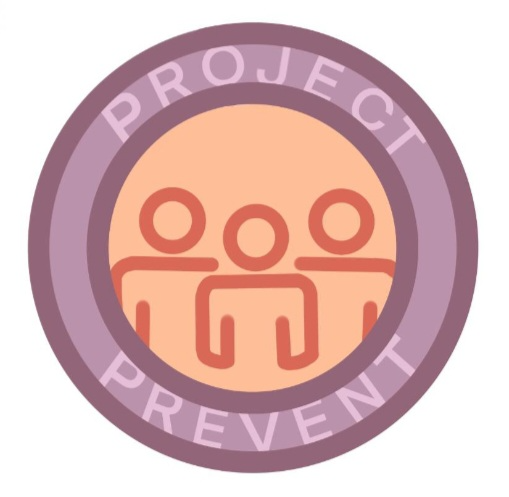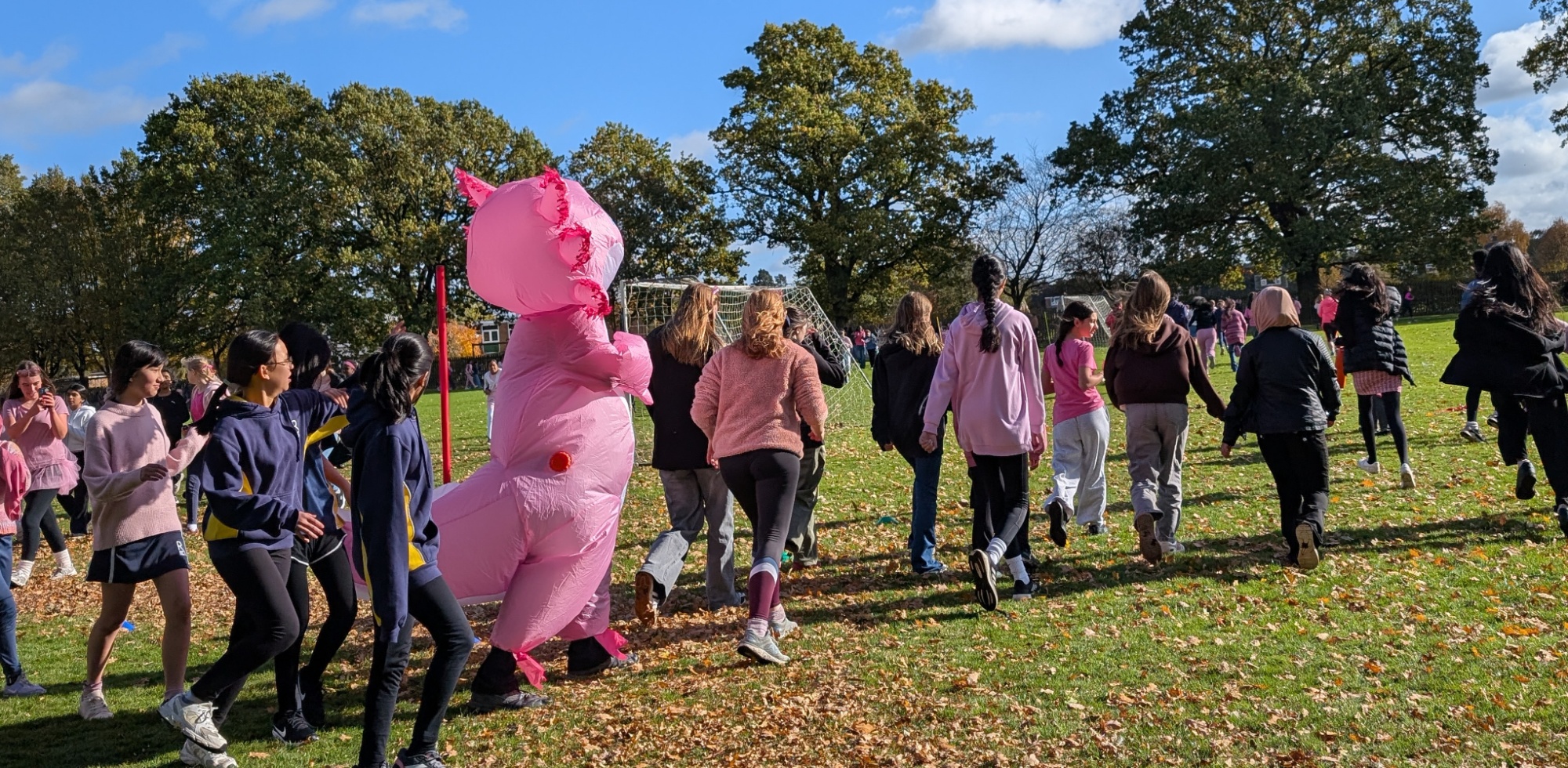AGH (Assault, Grooming and Harassment)
Our mission is to inform, empower, and protect. We provide clear, practical information on how to recognise, prevent, and respond to assault, harassment, and grooming.
This is the Assault, Harrassment and Grooming, (AGH) webpage. Here you can find information to help you prepare for, protect against and prevent these crimes.
Whether you're looking for guidance, support, or ways to help others, our resources are designed to raise awareness, encourage safety, and promote respectful, informed communities. Knowledge is a powerful tool - and everyone deserves to feel safe.
Watch 'BARRICADE | Omeleto Drama' as a teenager is harassed on a school bus
This video was made by Alice Johannesson, a writer-director from the West Midlands based in London who is all about stories that generate empathy.

Prepare
To effectively reduce the risks of assault, grooming, or harassment, it is essential to develop both awareness and proactive strategies. Preparation starts with recognising the early signs of potential danger and understanding how to safely remove oneself from a harmful situation, whether physical or online. Equally important is being proactive about personal boundaries and confidently asserting them when needed. Individuals should familiarise themselves with available resources, such as local support services, hotlines, and online reporting platforms like the AGH webpage, which provides a secure channel for reporting incidents. These reports are promptly reviewed by law enforcement agencies to ensure swift action is taken.
Additionally, fostering a supportive network of friends, family, or trusted allies enhances safety, as it provides both emotional backing and practical assistance when needed. The key to prevention lies in preparation, awareness, and the collective responsibility we all share in safeguarding each other from harm.
Prepare, Prevent, Protect

Prevent
To mitigate the risks of assault, grooming, or harassment, it is imperative to cultivate awareness and assertiveness. Crucially, individuals must be informed of the appropriate channels for reporting such incidents, whether experienced personally or witnessed, to prevent future occurrences. The AGH webpage serves as a designated platform for reporting these incidents, which are subsequently addressed by law enforcement agencies.
- Individuals possess the inherent capacity to prevent these incidents through proactive measures:
- Trust Your Instincts: If a situation or individual elicits discomfort, it is advisable to disengage promptly.
- Establish Clear Boundaries: Articulate personal boundaries unequivocally and assertively address any transgressions. This includes firmly declining unwanted advances, withdrawing from the situation, or blocking unwelcome contact.
- Maintain Situational Awareness: Exercise vigilance regarding your surroundings, particularly in unfamiliar environments or during nighttime hours. Avoid isolating oneself in potentially vulnerable circumstances.
- Share Location and Ensure Communication: Inform trusted family members or friends of your location and always ensure access to a communication device to facilitate departure if feeling unsafe.

Protect
Protecting yourself involves a combination of awareness, preparation, and self-defence techniques. Taking self-defence classes, such as martial arts or Krav Maga, can build confidence and teach practical skills for de-escalating or responding to physical threats. Additionally, carrying personal safety devices like a personal alarm or a whistle can offer added protection; studies suggest that non-lethal self-defence tools deter attackers in over 80% of reported cases. Lastly, avoiding risky behaviours such as walking alone at night or using headphones in isolated areas further minimises vulnerability.
Essential links from Warwickshire Police:
Call 101 for non-emergency enquiries and 999 for emergencies.
There’s also a website option: Click here to contact the Police
Anonymous crime-reporting platform: Click here for anonymous reporting. This works in conjunction with Warwickshire Police and you can also access ‘Fearless’ on this website, which is a site where young people can anonymously report crime and access information about crime as well.)
Sources of support that are specific to victims of crime: Click here for Victim Support. This is a victim support team which has multiple ways of being contacted online, by phone and through their website.
Report crimes and support for victims: www.police.uk This is a website that is more general to the UK and not specific to Warwickshire; it contains pages with access to support for victims and information about victims' rights, as well as a page where you are able to report crime.
For promoting equality and inclusion: Equality and Inclusion Partnership
Useful information links for parents/carers/teachers/adults (not aimed at children or students): NSPCC on grooming
Victim Support's information about support and recognition, though this isn’t directly for children:
Victim Support regarding sexual assault
Victim Support regarding assault
Sources of mental health support
Childline
Contact childline.org.uk or ring 0800 1111 between 7-30am and 3-30am every day
The Mix
Contact Themix.org.uk or ring 0808 808 4994 or text THEMIX on 85258 every day between 4pm and 11pm. (This is more suitable for students in Years 11, 12 and 13.)
Samaritans
Contact Samaritans on Contact Us | Samaritans or ring 116123 - a 24-hour service every day
Kooth
Contact www.kooth.com - an online mental health wellbeing website for young people
Young Minds crisis messenger Text YM to 85258 - a 24-hour service every day
If you or someone close to you is in immediate danger, ring the police on 999.
Important thank you's
Thank you to Safeline, who helped provide information for this project.
Thanks also to all the VIP's involved in Project Prevent as a whole. The VIPs are as follows:
-
High Sheriff of Warwickshire, Karen Lynch MBE
-
Previous High Sheriff of Warwickshire, Mrs Rajvinder Kaur Gill
-
Young High Sheriff, Sophia Wilk
-
Mayor of Rugby, Mrs Barbara Brown
-
Previous Mayor of Rugby, Cllr Simon Ward
-
Crimebeat Young High Sheriff Committee members and previous High Sheriffs David Kelham and Sophie Hilleary
-
Crimebeat liaison member Mervyn Kimberley
-
Chair of Crimebeat Simon Miesegaes
-
Eric Wood OBE DL
-
Phillip Seccombe, Warwickshire Police and Crime Commissioner
-
Emma Daniell, Deputy Police and Crime Commissioner.
-
Joanne Jackson, Community Police leader, East
-
Dawn Thurkettle, Community Police, Rugby Street Pastors
-
Claire Baldwin, Community Safety Lead, Rugby Borough Council
-
Simon Jones, retired deputy head Myton School
-
Cora-Laine Moynihan, Director Safeline.






